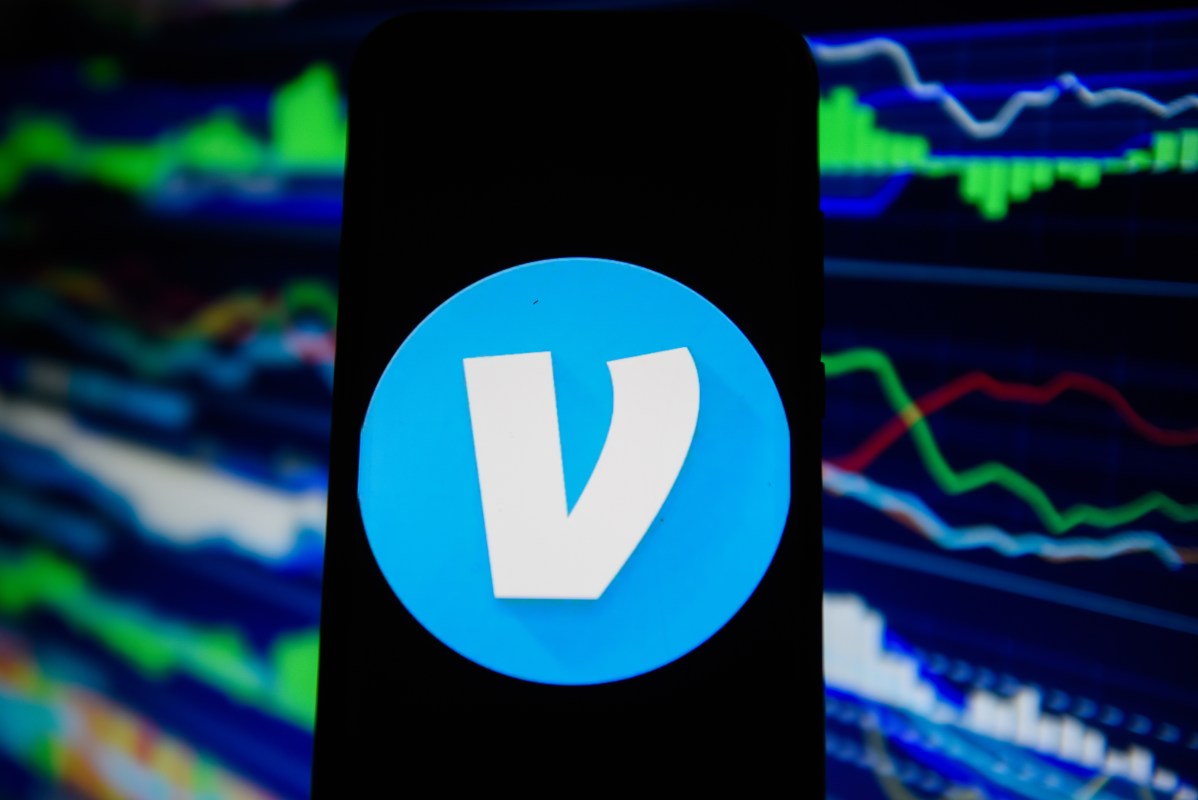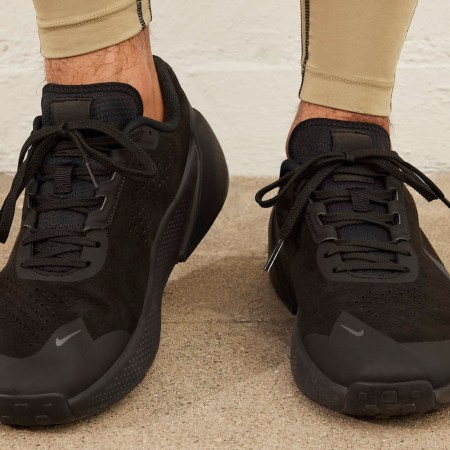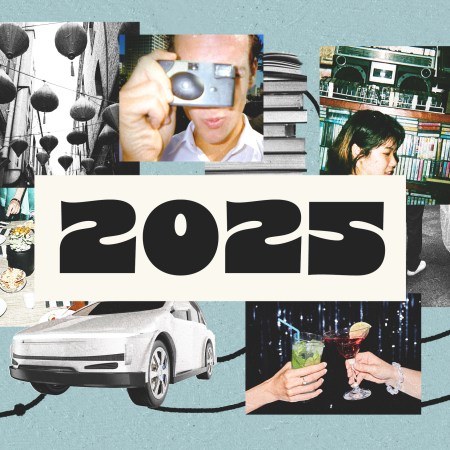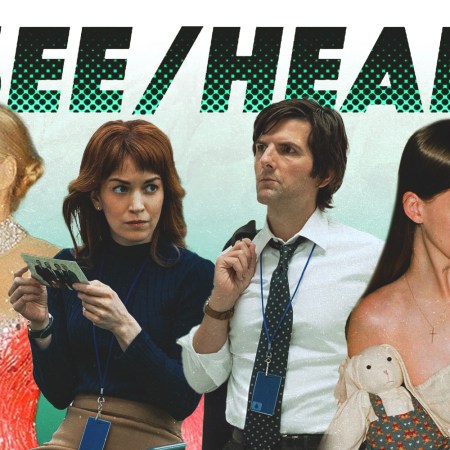While most of us use Venmo to split the bill with friends at a restaurant, collect rent from roommates or divvy up last night’s bar tab, some social media savvy millennials and Gen-Z users have found ways to get a lot more out of popular money sharing apps.
As many young adults and members of marginalized communities find their financial circumstances increasingly strained, some individuals are turning to apps like Venmo and Cash App to help cover costs, reported Suhana Hussain for the L.A. Times. These users are taking to social media with their Venmo handles to ask friends, followers and fellow Twitter users to help cover everything from medical bills and funerals to a fresh mani-pedi.
Between persistent gender pay gaps and broadening racial wealth gaps, the practice has become especially common within marginalized communities, Hussain noted.
“I use Twitter a lot anyways, and the community I’ve sort of met and connected with there is undocumented. They know the struggle,” said Indira Marquez Robles, a 19-year-old DACA beneficiary and Oglethorpe University student who used Venmo to fund a trip to visit her father in prison after his arrest threatened her family’s financial stability.
Mario Pizarro Rojas, a fellow DACA beneficiary and graduate student at Cal State Los Angeles, told the Times he has also used Venmo and Twitter to crowdfund crucial expenses like tuition and DACA renewal fees.
“If I can’t pay for it then I can’t work legally in the country anymore,” Pizarro said of the renewal fee. “It’s a weird cycle of trying to make ends meet little by little.”
As Hussain points out, this combination of social media and money sharing apps mirrors the kind of crowdfunding made popular by platforms like Kickstarter and GoFundMe. Users on such platforms, which originated as launchpads for charitable campaigns, have received criticism in recent years for misuse, including everything from requesting money for non-essential expenses to blatant scams.
Likewise, not everyone thinks it’s appropriate to appeal to the generosity of strangers on Venmo to cover personal expenses. Even Venmo distanced itself from the practice, telling the Times that they “certainly don’t facilitate charitable payments.”
“A lot of use cases for Venmo are people splitting a dinner bill or utility bills, and it’s really happening between friends,” a Venmo spokesperson told the outlet. “If someone was going through a difficult situation and might need help with medical payments, for example, I’m sure that does happen, but we don’t have data to support it.”
Proponents of the trend, however, argue that an individual in need shouldn’t feel any shame for asking for help with expenses, however trivial.
“People who are concerned about money shouldn’t spend their whole day thinking about not having money and restricting themselves from having any joy in their lives,” said Nicole Silverberg, a writer who actively helps fund Venmo requests from strangers in need. “It’s not like if you do that, suddenly your bills are paid.”
Venmo handouts may not buy happiness (or financial stability), but they certainly can’t hurt.
Editor’s Note: RealClearLife, a news and lifestyle publisher, is now a part of InsideHook. Together, we’ll be covering current events, pop culture, sports, travel, health and the world. Subscribe here for our free daily newsletter.
Thanks for reading InsideHook. Sign up for our daily newsletter and be in the know.


















